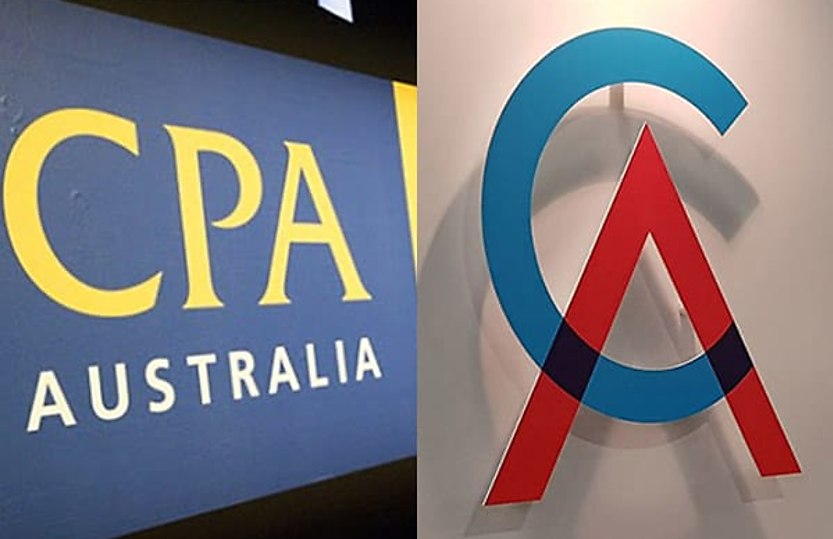Joint bodies oppose increase to bankruptcy threshold

Increasing the default bankruptcy threshold to $20,000 will not alleviate cost-of-living pressures, according to two of the major accounting bodies.
CPA Australia and CA ANZ have outlined they do not support a proposed increase in the default bankruptcy threshold from $10,000 to $20,000 in response to the Attorney General’s personal insolvency discussion paper.
CPA Australia said in its submission that the proposal will not alleviate cost-of-living pressures that have increased under the current economic environment.
“For many, mortgage stress is their leading financial concern. The amount of such debt is generally significantly higher than the proposed bankruptcy threshold,” the submission said.
“While cost-of-living pressures are front-of-mind for many Australians, we are not seeing any data suggest a surge in personal insolvencies. The recent increase in bankruptcies shows them returning to their pre-Covid long-term average. We don’t expect that number to materially go above that average.”
The accounting body also raised concerns that raising the default bankruptcy threshold could impact lending confidence, especially for small businesses selling on credit.
“It should also be noted that reducing the rights of businesses, particularly smaller businesses to recover debts may transfer financial stress onto them,” the submission stated.
“Debts of up to $20,000 or $50,000 are not small for many small businesses. Increased difficulties collecting such debt may in turn place them in financial difficulty.”
CA ANZ similarly outlined in its submission that an increase in the bankruptcy threshold would delay the ability of creditors to recover lost revenue which particularly for small businesses has already impacted their cash flow.
The accounting body said it acknowledged the concerns of financial counsellors that a debt near the threshold can quickly exceed the threshold where interest or penalties apply.
“We would suggest that the primary concern is not the threshold itself but that people who are unable to pay their debts rarely seek help until they receive a bankruptcy notice, which can only be issued once a threshold is breached,” it said.
“Therefore, we submit that for people who will not or cannot address mounting debt until a third party intervenes, an increase in the threshold would only result in an increase in the debt incurred before seeking help.”
CPA Australia said the best approach to assisting people experiencing financial distress is to encourage and support them to seek advice early from regulated advisers.
“In our opinion, the key issue that the current economic circumstances raise is the unwillingness of many people in financial distress to seek advice early from regulated advisers. This is predominately because of the stigma associated to bankruptcy,” the submission said.
“This unfortunately increases the probability of a person being placed into bankruptcy. Lifting the bankruptcy threshold does not address this fundamental issue.”
Raising the threshold may also have the unintended consequence of encouraging some people with smaller debts to further delay action, it said.
“This is detrimental to the debtor and their creditors. We recommend that the government prioritise encouraging and supporting those in financial distress to seek out regulated advisers early. Any messaging from government, its agencies and others should emphasise the value of early advice from regulated advisers and to avoid those that are unregulated.”
About the author

